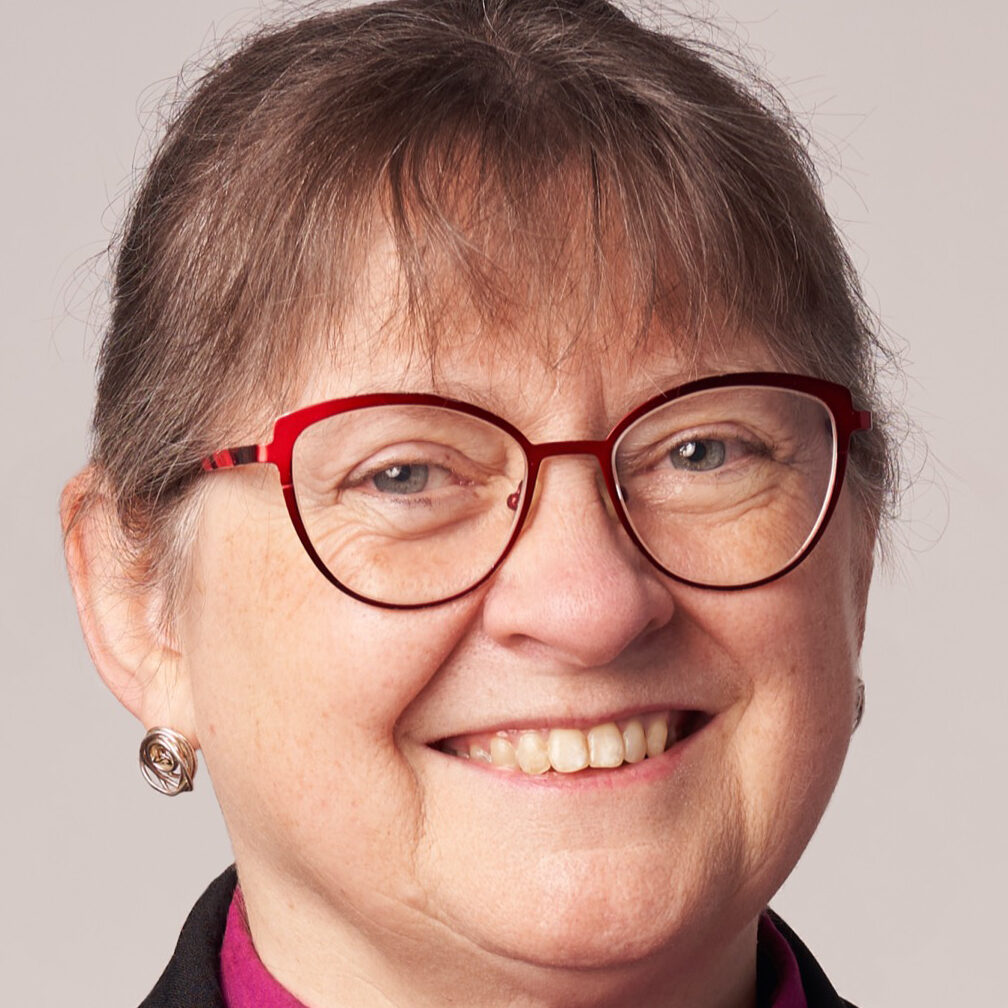Ministry formation is the spiritual and practical preparation needed to be followers of the Way of Jesus Christ in the world, particularly as outlined in our baptismal vows. For licensed ministry, formally representing the Anglican Church of Canada, this should include reasonable familiarity with Anglican ethos and doctrine, liturgy, scripture, and where needed pastoral care.
Alan Akehurst, Diocese of Kootenay Ministry Committee
What is ministry formation?
People who are looking toward ministry formation need to consider their calling in a contemplative way (they need to pray about it), find deeper meaning in their work, (they need to examine what feeds them in their work) and to realize their gifts (they need to be really self-aware about the person they understand themselves to be).
All this needs to be done as they grow in service to the community and to one another.
Ministry formation involves participants exploring the relationship between theory and action, reflection and practice, and especially exploring the difference between being and doing. It is learning about oneself and about oneself in context, in relationship, in leadership.
Christine Ross
Archdeacon of Kootenay
Formation for Ministry
The Ministry Committee of the Diocese of Kootenay is an advisory Committee to the Bishop. Formation for Ministry is essential to our Diocesan Vision of having healthy, thriving communities of disciples gathered for worship and sent out to serve God’s mission in each local area. This means we need to continue to equip disciples and then leaders. The members represent the various areas of ministry: Baptismal Ministry, Licensed Lay Ministry (LLM), Deacons, Locally Trained Priests (LTP), and Seminary Trained Priests.
The Kootenay School for Ministry, which has served this Diocese well with excellent training for different areas of ministry, is evolving to serve changing contexts. With the new availability of on-line education, we have greater access to excellent teachers and to a wider learning community. Kootenay School of Ministry KSM is partnering with WECAN, the Western Education Collaborative Anglican Network) https://emmanuelstchad.ca/wecan/ for much of what we now provide for training, with local mentors here in Kootenay supporting those involved in on-line learning. Even what we might call traditional Seminary Training for priesthood can now be pursued on-line. Jackie Eaton, priest at St George’s, West Kelowna, completed her Masters of Divinity on-line through Vancouver School of Theology. John Graham, a postulant for priestly ordination from St Michael and All Angel’s Cathedral in Kelowna, is also completing his Masters of Divinity mostly on-line.
As the delivery of training and equipping for leadership continues to evolve, and with the needs of ongoing ministry in the Diocese, as we plan for and find solutions for the clergy shortage, the Ministry Committee wants everyone in the Diocese to be aware of our need for ongoing “Formation for Ministry.” This emphasis on formation for the future is part of the restructuring work of the Diocese; planting seeds for the church to thrive even where we may be smaller.
What do we mean by formation?
Formation means equipping and nurturing the whole person for ministry. We value solid academic training, of course; formation includes academic excellence and practical skills, but encompasses as well the spiritual well-being of each person, mental health, physical health, and life in community.
Life-long Baptismal Formation
We are all called to Christian ministry by virtue of our Baptism.
We speak of baptismal formation; meaning not just the preparation for baptism itself, but the life-long growth in Christ to which we are all called. This life-long growth some call “sanctification,” the deepening of holiness, the growing closer to God, becoming more “Christ-like.” The Benedictine Rule calls this “continual conversion of life.” This “transformation” is the work of God in our lives. As we live out our Baptismal Vows we open ourselves to that work of God. God is shaping us to become more and more the full human beings that God created us to be. Being in a Christian community is itself part of that process of maturing in Christ. We are called to create a community where all are valued, where we celebrate and work with diversity and differences, where we work towards healthy communication in our conflicts and decision-making. The hard work of community pushes us to grow in love. Basil of Caesarea, a fourth century bishop in Turkey, at a time when there was a movement of people wanting to live out their faith alone as hermits in the desert, said “You who live alone, whose feet do you wash?” Serving others is part of our ongoing formation.
Baptism is a call to minister in service of God’s mission to love the world.
Formation then is an organic process, continually renewing our baptismal identity. Lent is a season where we tend that growth with greater attention and discipline. For example: joining a book study; learning a new prayer practice; working on stewardship of our bodies, giving up something that takes us away from God; going out to serve, e.g. starting a new routine of visiting an isolated neighbour.
Baptismal formation also includes our worship life, participation in word, sacrament, praise and prayer.
As the shape of congregational life changes with a clergy shortage, the Church is needing to enhance the formation of lay people in general, as well as increase formation for licensed lay leaders for leadership in parishes. Trained clergy have traditionally been the key people leading baptismal and discipleship formation in parishes. With fewer clergy and greater availability of on-line resources, more of that support of “sanctification” will need to be done by the Diocese or beyond.
Likewise, training of Licensed Lay Ministers has, in the past, been done largely by the priest in a parish; the Diocese is now doing more of that training with a larger community of other Licensed Lay Ministers. We are also responding to the need for more specific training for some LLMs where there is no local priest in a parish, with specific mentors for individual lay ministers.
I have said this in every parish I am working with during a clergy vacancy; we need more trained lay leaders! It is the work, not only of the bishop, but of everyone in the community to discern and call leaders: LLMs, Deacons, Priests, and Bishops. Kootenay has a history of creative models of shared ministry in teams; as traditional forms of clergy leadership are no longer readily available, we will need to call and equip lay leaders. The ministry committee is working on more flexible and faster ways to deliver this training. We know many lay people are older, so working in teams is essential. If God is nudging you to step up to some piece of leadership, as part of your own discipleship, and in response to the need in your parish, please talk to me or a member of the Diocesan Ministry Committee. We will equip you!
Formation for Ordered Ministries
As we move into the future, we will still need leaders who are set aside to serve the church as deacons, priests and bishops, to serve the ministry of the Baptized. I imagine many of these ordained people will be non-stipendiary and “bi-vocational”; making their financial living in another role or retired from paid work.
As Director of Formation at Vancouver School of Theology for 13 years, I have supported many people in formation for ordained ministry. Again, formation is about the whole person, alongside academic and practical study, attention to the person in community life, prayer life, spiritual life, communication, self-awareness, self-discipline, sustained by an experience of God’s grace in their own life. Pastoral training and experience visiting in hospital do no good if a person lacks compassion! Love of people and love of the church (not just the institution but the Body of Christ) are requirements! Ordained leadership is servant leadership, equipping us all to serve in God’s mission. The formation for ordained leadership builds on baptismal formation. Is God calling you or someone around you to ordained ministry? Many people will not put themselves forward for this, but need a nudge from someone who knows them, and sees these gifts in them. Speak up!
Please pray for the calling and formation of leaders for Kootenay. Blessings for a Holy Lent!
Yours in Christ,
+Lynne
Members of the Ministry Committee:
Chair: The Rev. Marcella Mugford
Kootenay School of Ministry: The Rev. Dr. Stuart Brown
Licensed Lay Ministry: Pam Harris
Deacons: The Venerable Chris Ross, Archdeacon of
Deacons
Priests: The Rev. Alan Akehurst, Chair of Examining Chaplains




